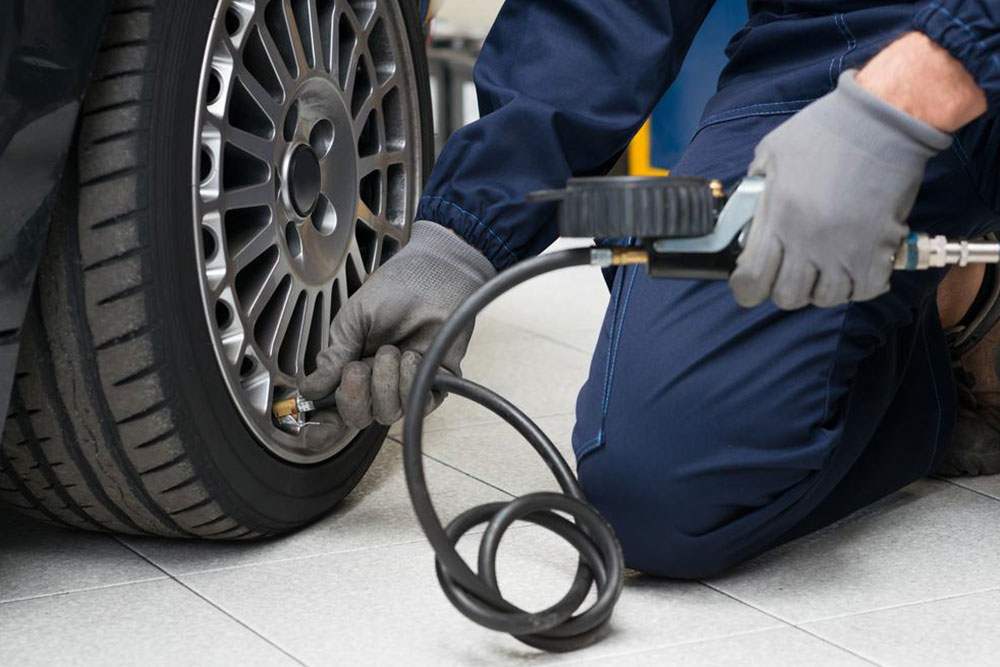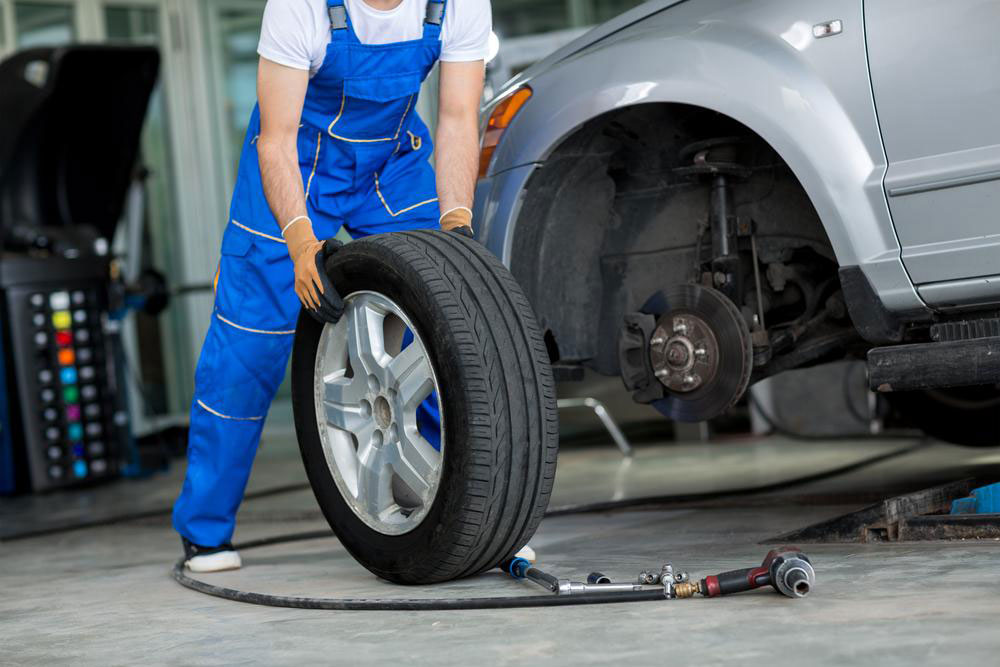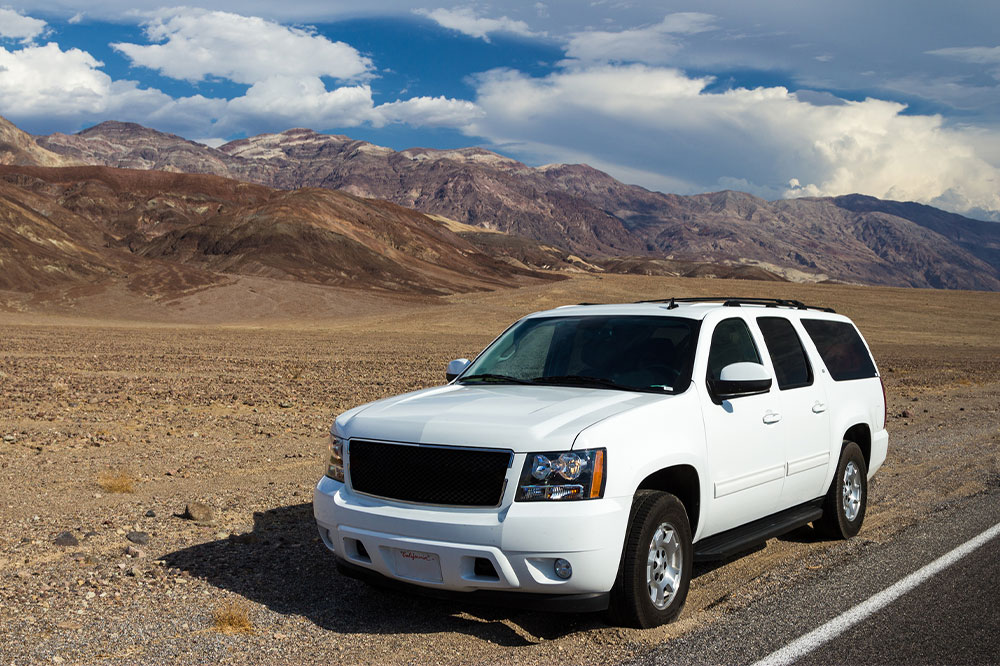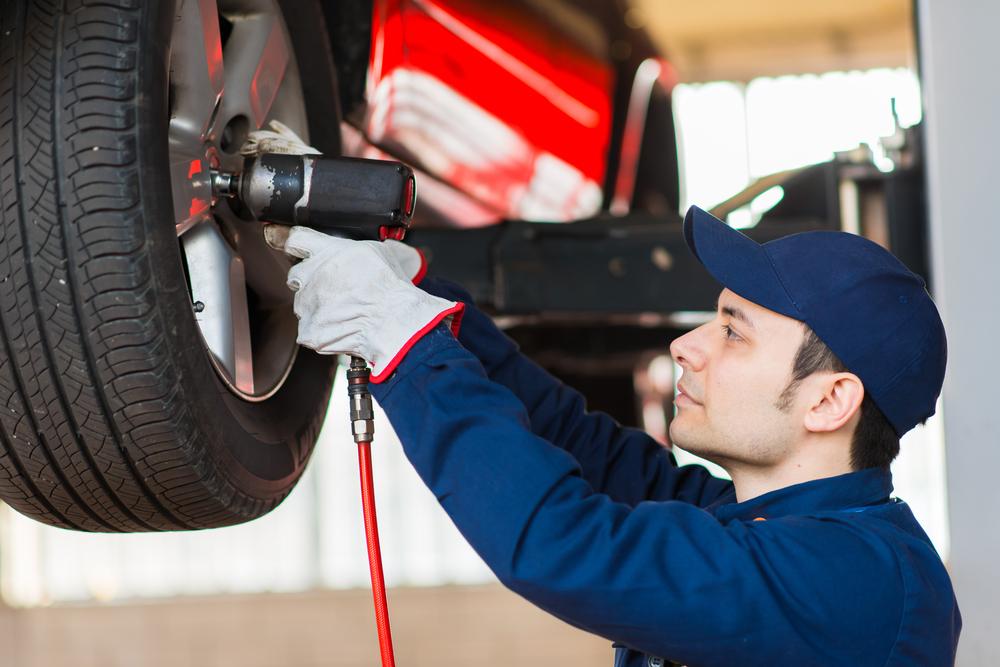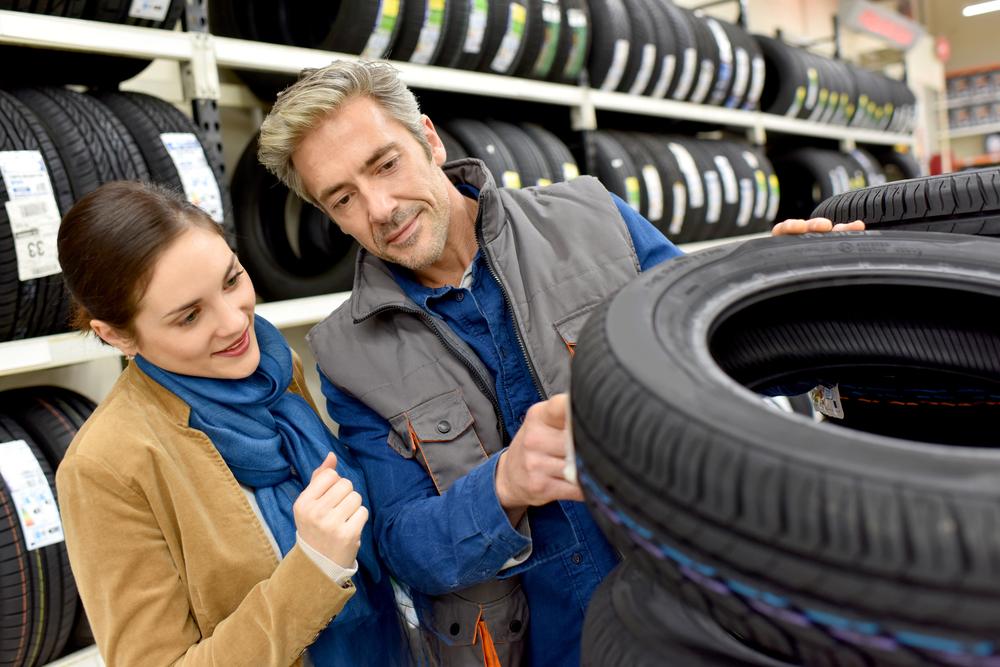Comprehensive Guide to Car Maintenance for Extended Vehicle Lifespan
This comprehensive guide offers essential car maintenance tips to prolong your vehicle's lifespan. From oil checks and tire care to brake inspections and fluid replacements, learn how proactive maintenance can save money, enhance safety, and ensure your vehicle remains reliable. Perfect for new and experienced car owners, this article covers all critical aspects to keep your car operating smoothly for years to come.
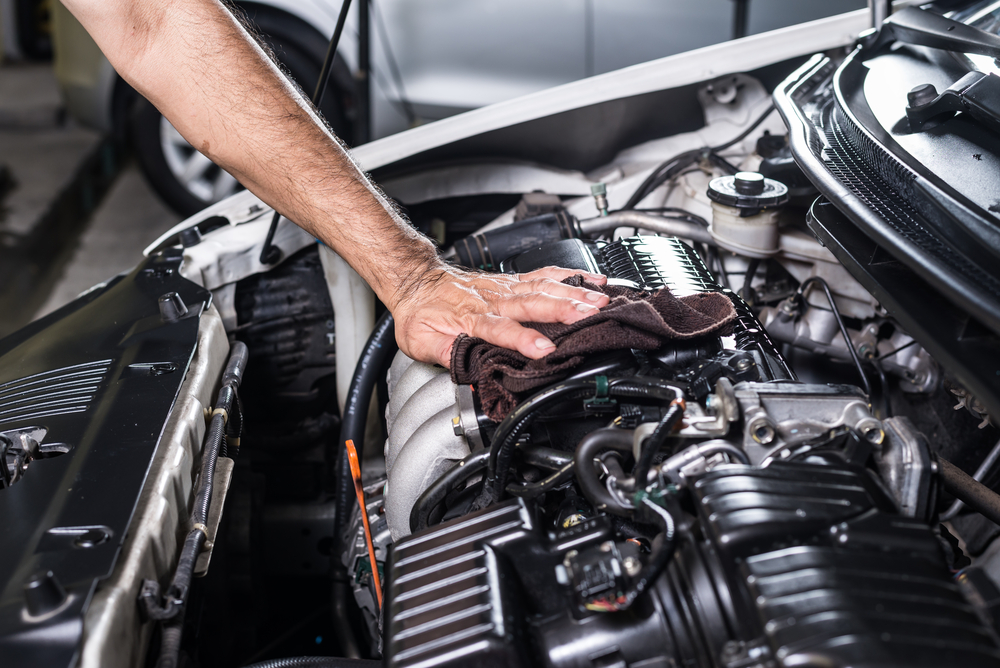
Comprehensive Guide to Car Maintenance for Extended Vehicle Lifespan
Owning a vehicle is a significant investment that offers convenience, independence, and comfort. Whether you drive a luxurious sedan, a practical SUV, or a reliable compact car, maintaining your vehicle properly is crucial to ensuring it remains dependable and efficient over the years. While many car owners focus on refueling and regular driving, routine maintenance goes far beyond these basics. In fact, proactive vehicle care plays a vital role in preventing breakdowns, reducing repair costs, and extending the operational lifespan of your automobile.
Your car is a complex machine composed of numerous parts and systems that require diligent attention. Neglecting routine checks and maintenance can lead to performance issues, safety risks, and premature wear and tear. Fortunately, you don’t need to be a professional mechanic to implement essential maintenance practices. Familiarizing yourself with fundamental care tips enables you to handle minor issues early, save money on repairs, and ensure your vehicle performs optimally, no matter how long you own it.
For those new to vehicle ownership or looking to reinforce their knowledge, understanding key maintenance essentials is indispensable. Here are comprehensive tips that every car owner should follow:
Regular Engine Oil Checks and Changes
Engine oil is the lifeblood of your vehicle’s engine, reducing friction and preventing overheating. Regularly inspecting your engine oil level, using the procedure outlined in your owner’s manual, is critical. Most manufacturers recommend oil changes every 3,000 to 5,000 miles, but high-quality synthetic oils like Castrol Edge or Mobil 1 can extend intervals. Maintaining proper oil levels prevents engine wear, improves fuel efficiency, and ensures smooth operation.
Beyond oil, maintaining proper tire pressure is essential for safe driving and fuel economy. Check tire pressure at least once a month, especially before long trips, and keep it aligned with the manufacturer's recommended PSI. Uneven or low tire pressure can lead to uneven wear, reduced grip, and increased risk of flats or blowouts. Tire rotation every 5,000 to 7,000 miles helps ensure even wear, extending the life of your tires.
Regular inspection of air filters is another key aspect of vehicle maintenance. Clean filters prevent dirt and debris from entering the engine, which can cause damage over time. Check air filters at least twice a year and replace them as recommended. Similarly, inspecting and replacing oil and air filters periodically helps maintain engine cleanliness and performance.
Brakes are arguably the most critical safety feature in your vehicle. Schedule an annual inspection of brake shoes and pads to identify signs of wear. Worn brake shoes can compromise stopping power, damage brake rotors, and lead to expensive repairs. Quick replacement of worn components not only ensures safety but also preserves brake system integrity.
Fluids are vital for various vehicle functions. Keep coolant, transmission fluid, brake fluid, and windshield washer fluid at optimal levels. Regularly check fluid levels and replace them according to your vehicle’s service schedule to prevent overheating, transmission issues, and impaired visibility.
Finally, always carry basic maintenance tools and a spare tire in your vehicle. Having essential tools and spare parts available enables you to address minor issues roadside, reducing inconvenience and avoiding delays. Regular proactive maintenance not only improves vehicle longevity but also guarantees a safer driving experience.
In conclusion, consistent car care is the key to maximizing the lifespan and reliability of your vehicle. From checking engine oil and tire pressure to inspecting brakes and fluids, adopting a comprehensive maintenance routine can save you money, enhance safety, and ensure your vehicle stays in excellent condition for many years to come. Remember, a well-maintained car is a vehicle that performs at its best, delivering peace of mind and dependable service whenever you need it most.
